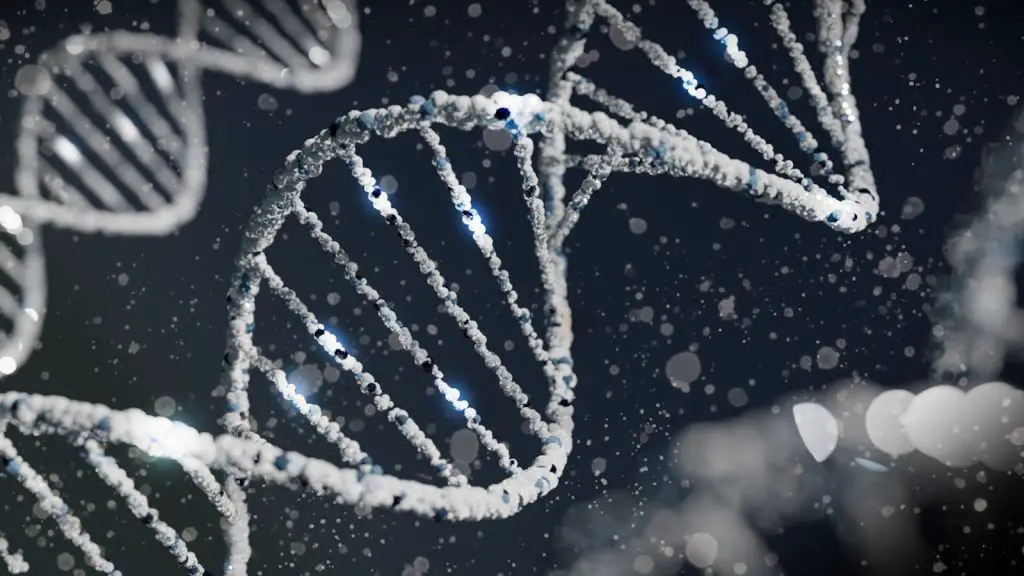Sometimes, we must first look at where we began to understand where we are heading. DNA testing, a widely accepted and utilized technology across various sectors — from medicine to criminal law — is no different. It has been monumental in shaping our world as we know it, unlocking many doorways to human advancement.
The History and Evolution of DNA Testing
DNA, the blueprint of life, was first discovered by James Watson and Francis Crick in 1953. This groundbreaking discovery underpinned future scientific advancements and paved the way for the development of DNA testing. In the early days, rudimentary DNA testing methods were developed, but things took off with the introducing of the Polymerase Chain Reaction (PCR) technique. PCR allowed for amplifying and analyzing small quantities of DNA, revolutionizing DNA testing.
The Human Genome Project was arguably one of the most significant milestones in the history of DNA testing and genetics. Completed in 2003, it mapped the entire human genetic code, opening a new realm of possibilities for DNA testing.
Applications of DNA Testing
Understanding our genetic makeup has practical applications in medicine, forensics, and genealogy. Unraveling this genetic information through DNA testing provides far-reaching and impactful insights, revolutionizing how we approach health, criminal justice, and our understanding of heritage and identity.
Medical Applications
Capitalizing on our genetic blueprint, DNA testing plays a fundamental role in healthcare, enabling a more tailored approach to disease prediction and prevention. In the medical realm, DNA testing aids in:
- Early disease detection: Genetic screenings can help identify the risk of diseases before they occur based on one’s genetic makeup.
- Preventive measures: By knowing genetic predispositions, we can take personalized preventive measures, such as lifestyle modifications, to lower the risk of certain diseases.
- Early treatments: When diseases are identified early due to genetic testing, treatments can commence earlier, improving the prognosis.
- Pharmacogenomics: DNA testing can guide the choice of drugs and dosages for certain conditions, improving therapy effectiveness and reducing side effects.
- Genetic counseling: Couples planning to start a family can benefit from DNA testing to understand potential genetic risks to their children.
Forensic Applications
DNA testing is being harnessed in forensics and criminal justice to make previously impossible tasks possible. It plays a crucial role in crime scene investigations, helping to confirm a person’s identity or eliminate suspects. On the flip side, it has also been pivotal in exonerating innocent individuals wrongly accused of crimes, highlighting its decisive role in justice.
Ancestry and Genealogy Testing
DNA testing has evolved into a valuable tool in this pursuit, offering modern techniques to trace our heritage. Through DNA testing for ancestry and genealogy, individuals can gain:
- Lineage tracing: These tests can help trace your ancestral roots back several generations.
- Ethnicity identification: You can discover the different ethnic groups that contribute to your genetic makeup.
- Relative connections: Some DNA testing services can help you locate relatives or ancestors that share parts of your DNA.
- Migration patterns: Discover historic migration patterns of your ancestors and how they could have shaped your genetic fabric.
- Health information: Some ancestry testing also includes genetic markers for specific health conditions and traits, contributing to a deeper understanding of yourself.
Regardless of what one hopes to find, DNA ancestry and genealogy testing provide a personalized map of the past, connecting us with our roots and offering a nuanced understanding of our identity.
Ethical Concerns and Legal Safeguards
Despite its invaluable benefits, DNA testing raises some ethical concerns. One primary worry is the issue of genetic privacy. Data security concerns have arisen with the explosion of direct-to-consumer genetic testing services. Another concern is genetic discrimination, where individuals could be unfairly treated based on their genetic information — in employment, insurance, and more.
Thankfully, these ethical concerns have not gone unnoticed. Legal safeguards have been installed to protect against these issues. In the U.S., for instance, the Genetic Information Nondiscrimination Act (GINA) was enacted to prohibit genetic discrimination in health insurance and employment. Reliable resources like Lawrina — lawrina.org provide an in-depth look into such legal complexities.
Lawrina is a comprehensive legal platform offering various legal templates and user-friendly guides. These resources help clarify ethical issues related to DNA testing and other legal topics, making complex legal jargon more approachable.
In addition, Lawrina provides a directory of lawyers, offering an up-to-date, verified list of practicing professionals. Just enter the practice area and state, and you’ll find reliable legal assistance, ensuring that concerns related to DNA testing and beyond are addressed effectively.
Future of DNA Testing
The march of science is relentless, with DNA testing riding on this trajectory of continuous progress. Looking forward, we can expect sizable advancements in DNA-related technology. However, it’s essential to remember that these developments should be within our ethical considerations.
Legal safeguards should evolve with DNA testing. At the same time, burgeoning tech solutions must address privacy concerns. Simultaneously, raising public awareness about genetic rights is essential to our proactive adaptation process, ensuring that information and protection remain accessible and rights are not compromised.
Conclusion
In conclusion, DNA testing has evolved from scientific discovery to an indispensable tool in medicine, criminal law, and genealogy. Its future seems promising but is intertwined with ethical and legal complexities. The dialogue around DNA testing, its implications, and safeguards continues to be pertinent as technology advances and societal norms evolve.
Understanding DNA testing’s past and present can guide us toward a more ethically sound and legally protected future. One aspect remains clear throughout this journey of discovery: DNA testing is as much part of our social fabric as it is of our genetic one.

Throughout his career, Andras Kovacs has developed a deep understanding of DNA and its applications in genealogy and genetic testing. He has helped thousands of individuals uncover their ancestral heritage, using cutting-edge DNA analysis to trace family lineages and reveal connections across generations.

